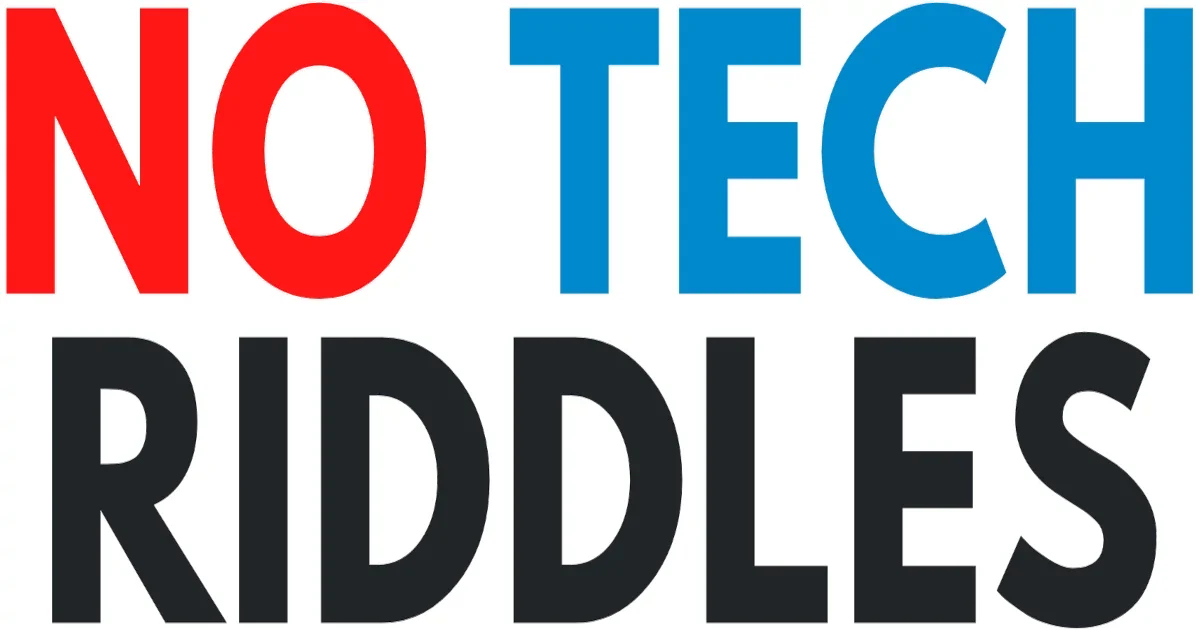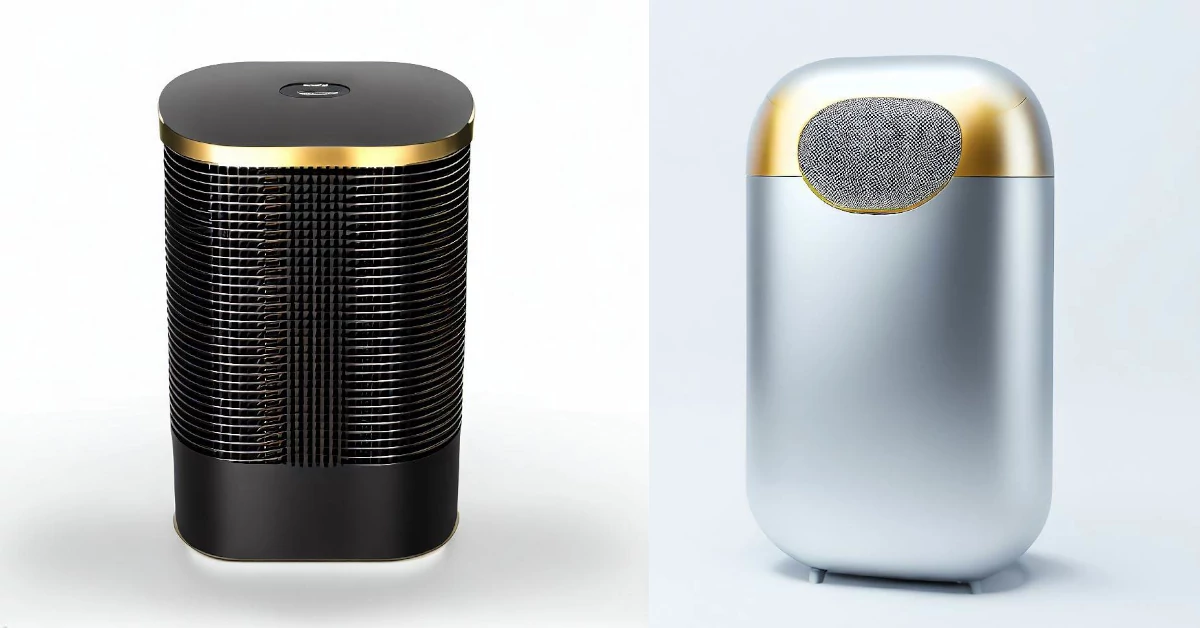Have you ever thought about what might be in the air that you breathe? One of the most common and harmful pollutants in indoor air is smoke particles.
Even if you don’t smoke, smoke particles can get into your home from things like cooking, burning candles, or even pollution from outside.
These small particles can cause a wide range of health issues, from breathing problems to cancer.
If you’re worried about the quality of the air in your home, buying an air purifier can make a big difference.
In this article, I’ll talk about smoke particles, how they affect your health, and how an air purifier can make it easier for you to breathe.
Get ready to take a deep breath and find out why clean air is important.
Understanding Particulate Matter: Why it Matters for Air Purifiers
Particulate matter, also known as PM, refers to tiny particles in the air that can be harmful to human health.
Smoke particles are a type of PM that can come from sources such as wildfires, tobacco smoke, and cooking.
These particles can be as small as 2.5 micrometers in diameter, making them small enough to penetrate deep into the lungs and even enter the bloodstream.
Exposure to smoke particles can cause respiratory problems, heart disease, and other health issues.
This is why air purifiers are essential in removing smoke particles from indoor air.
By using filters that capture PM, air purifiers can help improve indoor air quality and protect the health of those who breathe it.
For more information:
Clearing the Air: Particulate Matter & HEPA Filters

Smoke particles and air quality

When wood and other organic materials burn, they turn into smoke, which is a complex mix of tiny solid, liquid, and gas particles.
There are a lot of different chemicals and fumes in smoke particles, but most of what you can see is soot, tar, oils, and ash.
You can’t see individual smoke particles with your naked eye, but when they get together, they make visible smoke.
The Harmful Effects of Smoke Particles
Fine particles in smoke, called PM2.5, can be harmful to people’s health.
PM2.5 particles have a diameter of 2.5 micrometers or less and can get into the eyes and lungs, causing problems like burning eyes, a runny nose, and bronchitis.
Fine particles can also make heart and lung diseases worse and have been linked to early deaths in people with heart and lung diseases.
PM2.5 is a type of smoke particle that comes from wildfires, power plants, factories, and cars and trucks.
The Impact of Particle Pollution on Health
Particle pollution can be bad for your health, and anyone can be affected by it, but some people notice it more than others.
PM10 are coarse particles that can hurt your eyes, nose, and throat.
PM10 is made up of dust from roads, farms, dry riverbeds, building sites, and mines.
Short-term exposure to PM10 has mostly been linked to worsening of respiratory diseases like asthma and chronic obstructive pulmonary disease (COPD), which can lead to hospitalization and visits to the emergency room.
Fine particles, called PM2.5, have been linked to irritated eyes, lungs, and throats, trouble breathing, lung cancer, problems with babies at birth (like low birth weight), and heart disease.
Wildfire Smoke and Indoor Air Quality
Particle pollution comes from wildfire smoke in a big way.
Depending on how close the fire is and how thick the smoke is, it could have different effects on the air quality inside.
Infiltration is the process by which outdoor air, including fine particles from wildfire smoke, can get into homes through small openings, joints, cracks, and around closed windows and doors.
Smoke particles can have a big effect on the quality of the air and on people’s health.
Fine particles like PM2.5 are especially dangerous because they can get deep into the lungs or even into the bloodstream.
It’s important to take steps to limit your exposure to particle pollution, especially when pollution levels are high, like when wildfires are burning.
Using an air purifier can help get rid of smoke particles in the air and make the air inside better.
Health risks and HEPA filters
Health Effects of Smoke Particles
People with heart or lung disease, older adults, children under the age of 18, pregnant women, people who work outside, and people with a lower socioeconomic status are more likely to get sick from smoke particles.
Short-term exposures to smoke particles (up to 24 hours) have been linked to early death, more hospital stays for heart or lung problems, acute and chronic bronchitis, asthma attacks, visits to the emergency room, respiratory symptoms, and days when you can’t do much.
Research shows that older adults with long-term heart or lung diseases, children, and people with asthma are most likely to get sick from breathing in smoke particles.
Exposure to smoke particles can also cause non-communicable diseases like stroke, ischemic heart disease, chronic obstructive pulmonary disease (COPD), and lung cancer.
Fine particles in smoke can be 100 times higher than what is safe, and women and children who spend a lot of time near the fireplace are especially at risk.
Using polluting fuels and technologies also means spending a lot of time cooking on an inefficient device, which can make the airways and lungs swell, weaken the immune system, and make the blood less able to carry oxygen.
Air Purifiers and Smoke Particles
Smoke particles can be taken out of the air by HEPA filters.
HEPA stands for “High-Efficiency Particulate Air,” and it works by pushing air through a fine mesh with the help of a fan.
Tests have shown that HEPA filters get rid of 99.97% of all particles that are 0.3 microns in size or larger.
When visible smoke is pulled into an air purifier, it goes through the HEPA filter and gets caught.
HEPA filters can get rid of the visible “smoke” parts of cigarette smoke and may also make it smell a little bit better.
But HEPA filters can only get rid of solid particles, like the ones in visible smoke.
To get rid of the smell of smoke, you need an air cleaner with an activated carbon filter.
Activated carbon is the only thing that can catch both smell molecules and chemical vapors in the air.
The volatile organic compounds (VOCs) and dangerous gases in cigarette smoke are not stopped by HEPA filters.
It’s important to keep in mind that not all air purifiers can get rid of smoke particles.
A HEPA filter is the best way to get rid of smoke from the air.
The EPA says that the best air purifiers with HEPA filters can cut the number of particles in the air by up to 85%.
So, if you want to get rid of smoke particles in your home’s air, you should buy an air purifier with a HEPA filter and an activated carbon filter.
Efficiency and types of HEPA filters
Understanding Smoke Particles and HEPA Filters
High-Efficiency Particulate Air (HEPA) filters are made to get rid of at least 99.97% of particles in the air that are at least 0.3 microns in size.
This includes dust, pollen, mold, bacteria, and any other particles that can get into the air.
HEPA filters work well to clean the air of visible smoke particles.
But not all HEPA filters work the same way.
True HEPA filters have been tested and proven to get rid of 99.97% of particles as small as 0.3 microns.
Standard HEPA filters have different levels of quality, and some may only be able to catch pollutants that are bigger than 5 microns.
Different Grades of HEPA Filters
Based on how well they work, HEPA filters are put into different grades.
Some people call H10 to H12 filters “True HEPA” filters.
They catch fewer particles than the higher-grade filters.
“Medical grade” HEPA filters H13 and H14 get rid of 99.95% and 99.995% of all particles as small as 0.3 microns, respectively.
The performance gets better as the grade goes up.
Specialized Filters
Aside from the different grades of HEPA filters, there are also filters like HyperHEPA filters that are made for a specific purpose.
These filters are made to catch air pollutants that are only 0.003 microns in size.
True HEPA filters are designed to get rid of particles that are 100 times bigger than the ones that HyperHEPA filters can catch.
Smoke Particles and HEPA Filters
HEPA filters can only get rid of solid particles, like those in visible smoke.
To get rid of the smell of smoke, you need an air cleaner with an activated carbon filter.
Even though HEPA filters are good at getting rid of visible smoke particles, they are not made to get rid of harmful gases in the air that can make particles more dangerous or even add more particles to the air.
It is important to remember that not all filters sold as “HEPA-like” or “HEPA-type” meet the required standard.
There is no real way to prove that an air filter works without independent testing.
When comparing different air purifiers, it’s important to look at the filter’s grade and how well it works to make sure it meets the standard.
Maintenance and effectiveness of HEPA filters
Removing Smoke Particles with HEPA Filters
HEPA filters are very good at getting rid of smoke from the air.
Air is pushed through a fine mesh that catches particles, even ones as small as 0.3 microns in diameter.
This makes them perfect for getting rid of most smoke particles from wildfires, which are usually 2.5 microns or smaller.
But as particles build up in a HEPA filter, it becomes less and less effective over time.
How long a HEPA filter will last depends on what kind of filter it is and how often it is used.
As a general rule, HEPA filters that can be changed should be changed every 6 to 12 months.
Some sources say that HEPA filters should be changed once a year, every 24 to 36 months if they are used regularly in a home, or almost every two weeks in industries that need clean air to work well.
To keep HEPA filters working well to remove smoke particles from the air, they need to be changed often.
To improve the quality of the air, pre-filters should also be changed regularly.
Air quality and how often the HEPA filter is used can affect how long it lasts, so it’s important to follow the manufacturer’s advice about when to change the filter.
Some HEPA filters have signs that show when the filter needs to be changed.
Changing HEPA filters often can make a big difference in the air quality and cleanliness of a home or business.
HEPA Filters versus DIY Air Cleaners
Even though HEPA filters are very good at getting rid of smoke particles, not all air purifiers are the same.
Large carbon filters in air purifiers can also get rid of smoke smells, but they may not be as good at getting rid of smoke particles as HEPA filters.
There isn’t much information about how well do-it-yourself air cleaners remove smoke particles.
Some published research, early EPA testing, and anecdotal evidence suggest that they may be able to remove particles from smoke.
But it’s important to know that if you use a filter with a do-it-yourself air cleaner, it could cause a fire or burn you.
Enhancing effectiveness of HEPA filters
Enhancing the Effectiveness of HEPA Filters in Removing Smoke Particles
HEPA filters are a popular and effective way to clean the air in machines that clean the air.
They can get rid of at least 99.97% of all airborne particles that are at least 0.3 microns in size.
This includes smoke particles.
But there are other features and technologies that can make HEPA filters even better at getting rid of smoke particles.
Activated Carbon Filters
Activated carbon is one of these things.
With activated carbon, HEPA filters can get rid of more than just particles.
They can also get rid of chemicals and smells.
Activated carbon is a type of carbon that has been treated with oxygen to make millions of tiny holes between the carbon atoms.
Activated carbon is a good filter for smoke because its pores can trap chemicals and smells.
Electrostatic Precipitation
Electrostatic precipitation is another technology that can make HEPA filters work better.
This technology attracts and catches smoke particles by using an electrostatic charge.
After that, the charged particles are put on a plate or a filter.
Electrostatic precipitation can be used with HEPA filters to help them get rid of smoke particles even better.
6#)Choosing the best air purifier with a HEPA filter
Choosing an Air Purifier with a HEPA Filter
There are a few things to think about when choosing an air purifier with a HEPA filter.
These include the size of the room, the cost of maintenance, the type of filter, and any other needs or worries.
Room Size
The first step in picking an air purifier is figuring out how big the room will be where it will be used. Consumer Reports says that for the best air cleaning, you should choose an air purifier with a CADR (clean air delivery rate) of more than 240. But if you only need to clean the air in a small room, you can get an air purifier for less than $150 that has HEPA-level filtration.
Maintenance Costs
It is also important to think about how much the air purifier will cost to keep up. Mechanical filters need to be changed every six to twelve months, and each one can cost up to $200. So, it’s important to choose an air purifier with affordable replacement filters that fit your budget.
Filter Type
When choosing an air purifier, it’s important to look for one with a certified HEPA filter that meets all of the HEPA filter requirements.
The Environmental Protection Agency has tips on how to choose good filters, and Healthline has made a list of the best HEPA air purifiers based on reviews and ratings of a number of home HEPA air purifiers.
The Levoit Core 300 is an affordable air purifier with a pre-filter and a true HEPA filter.
This makes it a good choice for people on a budget.
Special Needs or Concerns
Last, you should think about any special needs or worries you may have.
For instance, if you are sensitive to smells or fumes, you might want to choose an air purifier with both a HEPA filter and an activated carbon filter.
Overall, if you want to find the best air purifier with a HEPA filter for your needs and budget, you need to think carefully about the size of the room, the cost of maintenance, the type of filter, and any other needs or concerns you have.
By thinking about these things, you can make sure you choose an air purifier that will clean the air in your home and make the air quality better.
Note: Please keep in mind that the estimate in this article is based on information available when it was written.
It’s just for informational purposes and shouldn’t be taken as a promise of how much things will cost.
Prices, rates, and fees can change because of things like market changes, changes in regional costs, inflation, and other unforeseen circumstances.
Conclusion

In the end, smoke particles are very bad for your health and can cause a wide range of breathing problems.
Even if you don’t smoke, it’s important to protect yourself and your family from the harmful effects of smoke.
Getting an air purifier is one way to do this that works well.
Smoke particles can be taken out of the air by an air purifier, making it safer and healthier to breathe.
But you need to make sure you get the right air purifier for your needs.
Think about how big your home is, how much smoke pollution there is in your area, and how much money you have when making your choice.
In the end, it’s up to each person to decide if they want to buy an air purifier.
But if you are worried about how smoke particles affect your health, it is a good idea to think about.
After all, your health and the health of the people you care about are worth a lot.
So, think about the air you’re breathing and how it affects your health.
And remember that buying an air purifier is an investment in your health and well-being, not just a purchase.
Links and references
- Technical summary on residential air cleaners by the US Environmental Protection Agency (EPA)
- Article on clearing homes of wildfire smoke by The New York Times
- Smoke management guide for prescribed fire by the National Wildfire Coordinating Group (NWCG)
- Research article on the chemistry and toxicology of cigarette smoke by the National Center for Biotechnology Information (NCBI)
My article on the topic:

